Hello Blanchetters!
Few more pics from February 24 and a new interviews. Enjoy!


‘Stateless’: Cate Blanchett Reveals Why TV Is The Perfect Medium For Her Netflix-Acquired Refugee Drama
Blanchett and co-creator Tony Ayres spoke to Deadline about the six-part series before heading to Berlin. We also caught up with Matchbox managing director Alastair McKinnon separately. The interviews are weaved together below, and edited for length and clarity.
DEADLINE: What was the starting point for the series? It has been reported Cornelia Rau was some inspiration after she was unlawfully detained in Australia.
BLANCHETT: The conversation began not with any particular story, but with the immigration detention stories and the transformation of public conversation around that. That was the backdrop and the atmosphere in which we began wanting to work together. It’s not based on any one person’s experience; there’s been a painstaking amount of research, including scores of people that she [writer Elise McCredie] spoke to and my experience with the UNHCR.
AYRES: We wanted to talk about a whole system, rather than just a single experience, but did gather a whole range of stories including stories of guards, bureaucrats, journalists, and from there we started weaving together the patchwork quilt that became the show.
DEADLINE: Cate, has your work with the UN given this project additional resonance?
BLANCHETT: Yes, we started talking in 2013 and I started working for UNHCR in 2014. I started working with them on the issue of statelessness. The title of the series refers to statelessness in a more poetic sense, not in a legal, physical sense. It’s more about identity and the loss of people’s identity when they are faced with long-term detention, when they become a number, when they are dislocated from markers in their life like home and culture, and separated from their families. That’s something I very viscerally felt speaking to stateless people and refugees in the field.
And so, in the series, we extrapolate out that sense of statelessness to a poetic reality. Anyone who comes into contact with an immigration system at the moment, whether it’s in Australia or Europe, or the rhetoric around building a wall in America, it is slightly maddening. The series started to crystalize for us because of the obvious traumas of people in long-term detentions and people fleeing from trauma when there are no safe, legal pathways to do so.
What was perhaps more hidden for us was the experience of the bureaucrats and the guards who also come in contact with that system, who experience PTSD and dislocation from their sense of humanity. It’s when we start to fold those experiences into the story that it really came to life.
In a literal sense, a stateless person is someone who doesn’t have a nationality in any country in the world. They don’t have a legal identity, which has obvious consequences on their ability to enjoy basic human rights. What we’re talking about is people who are poetically dislocated from their identity and therefore, their humanity.
Full interview here
Cate Blanchett on Harvey Weinstein: Industry Must ‘Move Forward Without Repetition’
Cate Blanchett has spoken out about Harvey Weinstein’s conviction, urging the industry to move forward and ensure a new culture is established, particularly around gender parity in off-screen roles.
“I think it’s about moving forward, and moving forward without repetition and with genuine progress,” Blanchett told Variety at the Berlinale Series Market on Wednesday, where she was discussing her new Australian series “Stateless” — one of eight series screening in the Berlin Film Festival’s TV sidebar.
“I don’t think anyone involved in the Weinstein case — and the myriad of cases not just in our industry but in every single industry, whether they are sexual or otherwise — no one is interested in vengeance, they’re interested in justice and genuine change.”
Blanchett said she had already seen tangible change in the film industry since the #MeToo movement was catapulted to the forefront of public discourse on inequality and female empowerment, shortly after accusations around Weinstein’s predatory behavior emerged in 2017.
“I think women in the film industry — and I use the film industry as an exemplar, not as an exception — have for far too long been separated from one another, and I’ve noticed a way in which some lines between women who are creating work have deepened — circling the wagons not in an exclusive sense but just being more open about roadblocks or difficulties or moments of failure.”
Full interview here
 Welcome to Cate Blanchett Fan, your prime resource for all things Cate Blanchett. Here you'll find all the latest news, pictures and information. You may know the Academy Award Winner from movies such as Elizabeth, Blue Jasmine, Carol, The Aviator, Lord of The Rings, Thor: Ragnarok, among many others. We hope you enjoy your stay and have fun!
Welcome to Cate Blanchett Fan, your prime resource for all things Cate Blanchett. Here you'll find all the latest news, pictures and information. You may know the Academy Award Winner from movies such as Elizabeth, Blue Jasmine, Carol, The Aviator, Lord of The Rings, Thor: Ragnarok, among many others. We hope you enjoy your stay and have fun! 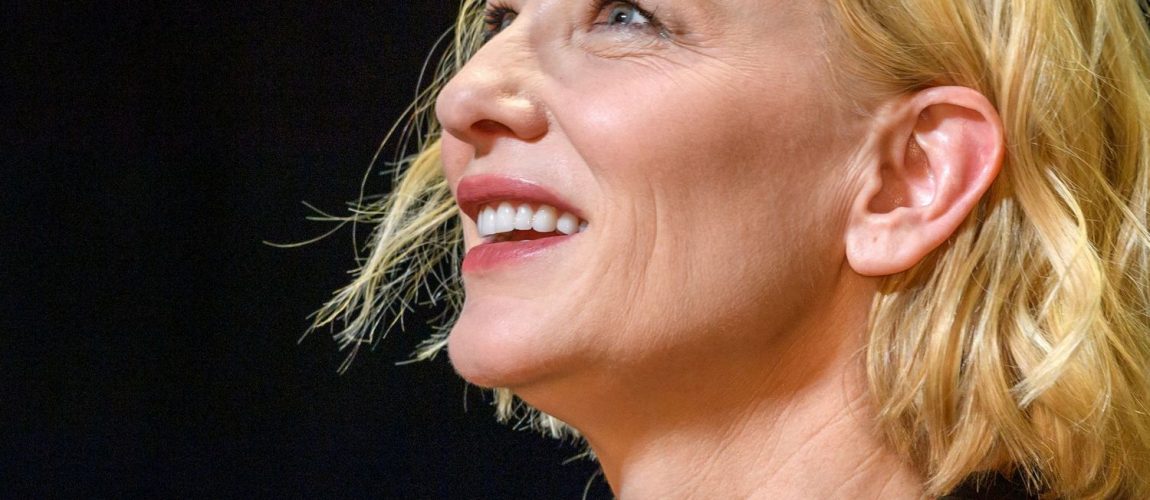
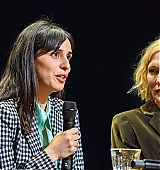
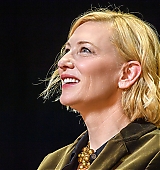
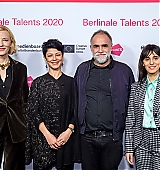
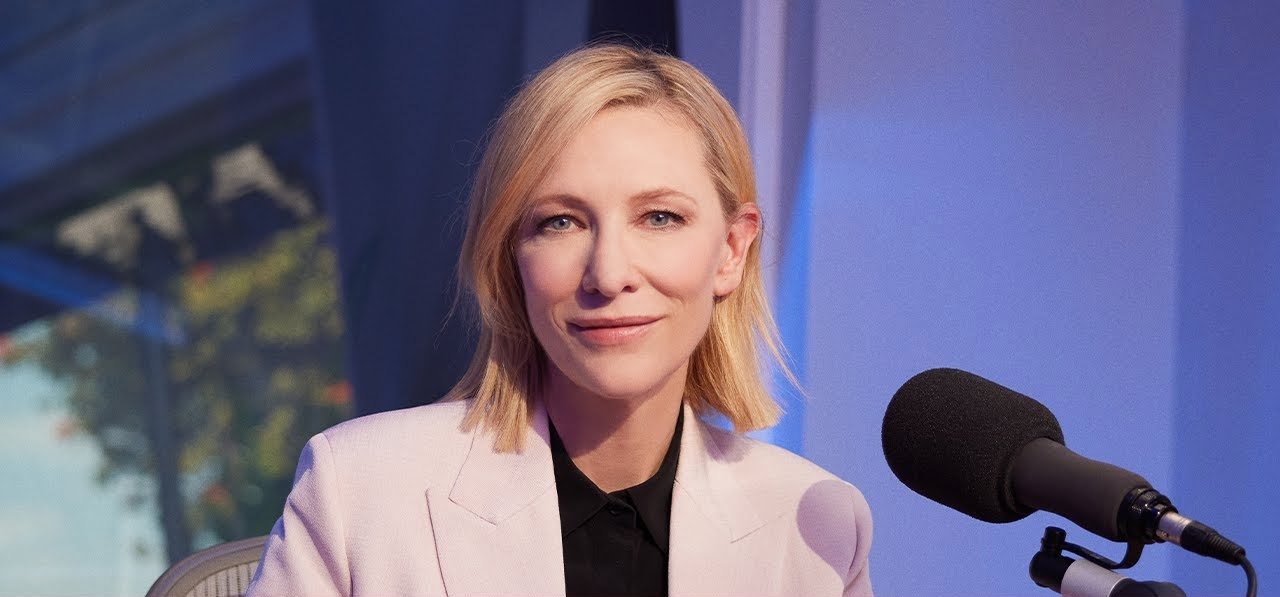
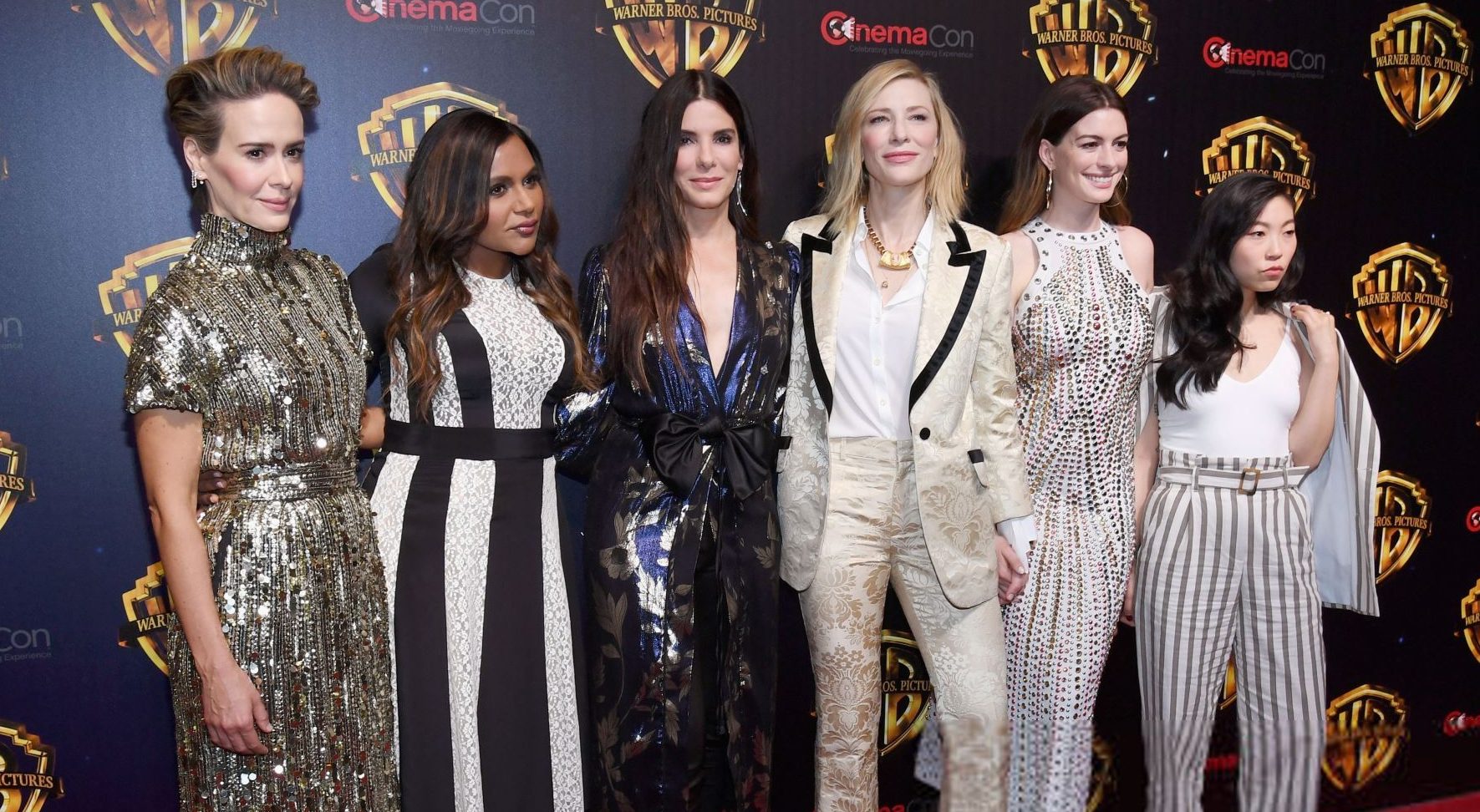


 Black Bag (202?)
Black Bag (202?) Father Mother Brother Sister (2024)
Father Mother Brother Sister (2024) Disclaimer (2024)
Disclaimer (2024) Rumours (2024)
Rumours (2024) Borderlands (2024)
Borderlands (2024) The New Boy (2023)
The New Boy (2023)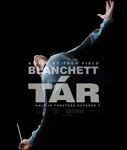 TÁR (2022)
TÁR (2022) Guillermo Del Toro’s Pinocchio (2022)
Guillermo Del Toro’s Pinocchio (2022)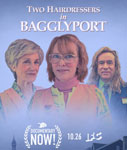 Documentary Now!: Two Hairdressers in Bagglyport (2022)
Documentary Now!: Two Hairdressers in Bagglyport (2022)












